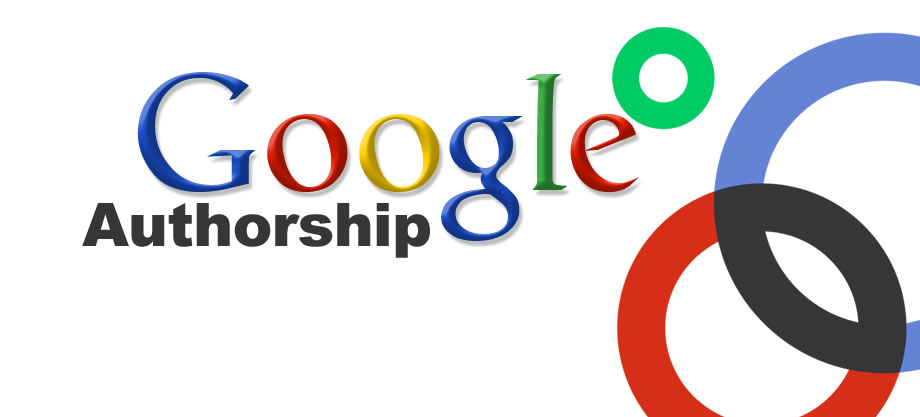Now most of the people have heard that Google has ended its authorship program. For those who are taking a closer look on Google Authorship over the last year, this wouldn’t come out of nowhere.
During 2013 Pubcon, Matt Cutts delivered a important speech where he claimed that Google will be “looking for a 16% reduction to ensure the quality of authorship is still high and genuine.”
By the time of June, Google has removed all author photos in global search. In its Google+ post, Google’s John Mueller stated that decision to remove author photos was to make thing simpler “the way authorship is shown on desktop and mobile search results.”
So, why precisely did Google finally pull the stop on this research?
The idea of Google Authorship seemed extremely capable when it unproved Agent Author/rank back in 2007. The idea was to persuade page ranking based on the status of its authors by using digital signature. In that way trusted people would earn a higher rank than someone who just has made his debut.
This was just a proposal until June 2011.during that time Google began to give self-belief to webmasters to use the rel=”me” rel=”author” tags for pieces of content that author wrote. When Google+ was released the entire Google Authorship plan comes forward that is there any way to connect with its authors.
Within its first year, the experiment shows potential. That 20% of SERPs were showing the rel=author tag, which was higher than expectation. Sadly, authorship doesn’t take off as expected.
According to the discovery of Stone Temple 75% of authors made no hard work in connecting their content by way of authorship. In addition to that famous figure, out of 100 pages sampled, 50 did not have authorized pages, there were issues like authors containing no links to Google+ profile.
Low Acceptance Rates by Webmaster and Authors
If Google was exploring same information that stone temple consulting had during their studies, then it is pretty obvious reason. Participation wasn’t as tall as Google had hoped for.
Mark Traphgen used Forbes list of the 100 most dominant Social Media Marketers and explore that “only 30% of them used their blog as markup of authorship.
Provided Little Worth for Searchers
Getting back at Mueller’s post in June when he announced that in global search author photos will not be use. He also state that Google had noticed “little bit of difference in click behavior on search result with pages authorship leftover compare to those without it.”
Many of us were thinking that since author signature was released their click-through rates would increase which hadn’t.
Rumors had it, Google’s declare the end of Authorship, Muller said that “Google’s had displayed author information which isn’t as useful as it should be to our users as we would hoped it would”
What’s Now?
The idea behind Google Authorship was vast and concrete. It provided faithfulness immediately for users who were searching for relevant or trusted member of a niche. While that didn’t go well with authorship, what’s not to say is that Google Knowledge won’t deliver the sense of realism.
Don’t worry Authorship we all know and love may be gone now, but I am sure its Google it would come even better and stronger than before.





